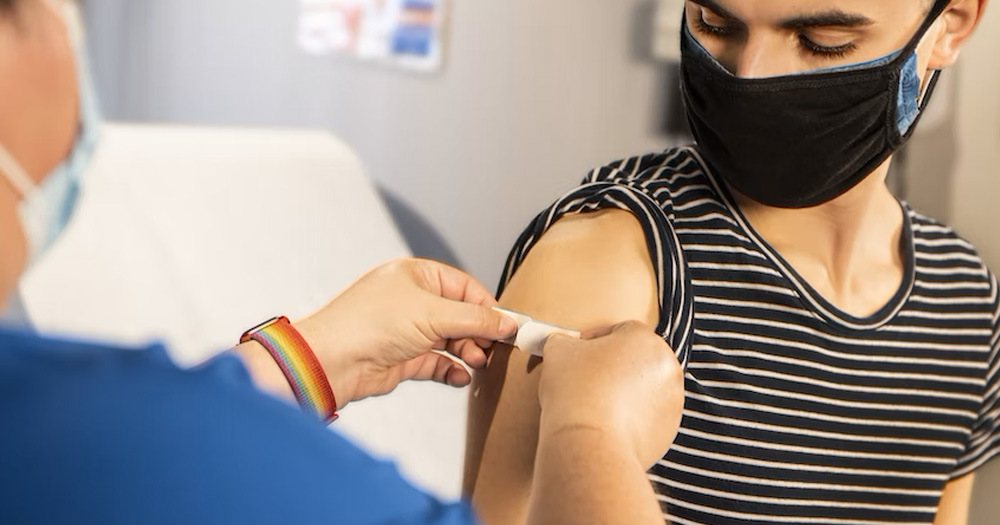Representatives from the Health Service Executive (HSE) have told the government that 11 monkeypox vaccination centres will open across the country from Monday, October 17. The HSE maintains that vaccinations for high-priority groups will be completed by the end of this year. People at risk of being exposed to the virus will be asked to identify themselves and book an appointment at one of the designated centres.
This follows information released by the HSE earlier this month surrounding the vaccine rollout plan. At the time, the HSE announced that priority would be given to heightened-risk individuals, including gay and bisexual men who have sex with men (gbMSM). An online portal will assess the risk of gay, bisexual and Transgender people, and if necessary, enable them to book a vaccine appointment.
It is estimated that between 6,000 and 13,000 people will benefit from the provision of the vaccine. Even though the rollout programme has already begun for high-risk individuals, the opening of monkeypox vaccination centres will mark a notable extension of this, adding to the near 500 people vaccinated so far. Although concerns were raised this morning about the HSE’s ability to meet its target.
Sinn Féin’s Health Spokesperson David Cullinane said: “That community of 13,000 people … only a fraction of those will actually be offered a vaccine in the short to medium term.”
As of now, over 2,000 vials of the vaccine have been secured, which according to the European Medicines Agency, will provide five doses per vial. However, the committee was told this morning that vaccine administrators typically can retrieve only four doses for each vial. Two doses will be administered to patients using an intradermal injection technique, at least 28 days apart.
The HSE informed politicians that 194 cases of the virus have been identified in Ireland, 11 of which required hospitalisation. According to RTÉ, cases are predominantly male, with an average age of 35 years, but earlier this month, two women were diagnosed with the disease.
Financial barriers for people affected by this disease were also a point of concern for Deputy Neasa Hourigan. She told the committee that “We’re not supporting people financially the way we did during Covid.” Professor Fiona Lyons responded by saying that the HSE has already raised this issue with the Department.
The HSE has provided information about symptoms, as well as the protocol to follow in the event of a possible case of the virus. It usually takes between 5 and 21 days for the initial symptoms to appear, which can include an itchy rash, a high temperature (38.5 degrees Celsius or higher), headaches and swollen glands. A full list of symptoms and advice is available on the HSE website.
© 2022 GCN (Gay Community News). All rights reserved.
Support GCN
GCN is a free, vital resource for Ireland’s LGBTQ+ community since 1988.
GCN is a trading name of National LGBT Federation CLG, a registered charity - Charity Number: 20034580.
GCN relies on the generous support of the community and allies to sustain the crucial work that we do. Producing GCN is costly, and, in an industry which has been hugely impacted by rising costs, we need your support to help sustain and grow this vital resource.
Supporting GCN for as little as €1.99 per month will help us continue our work as Ireland’s free, independent LGBTQ+ media.
